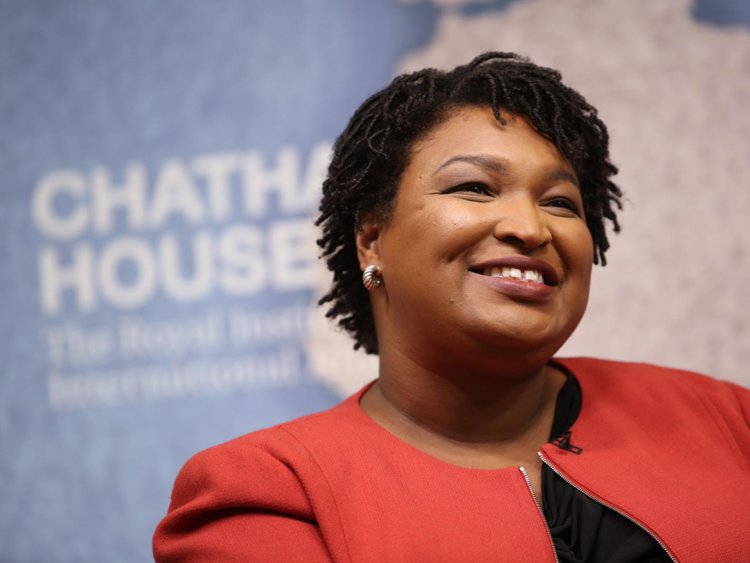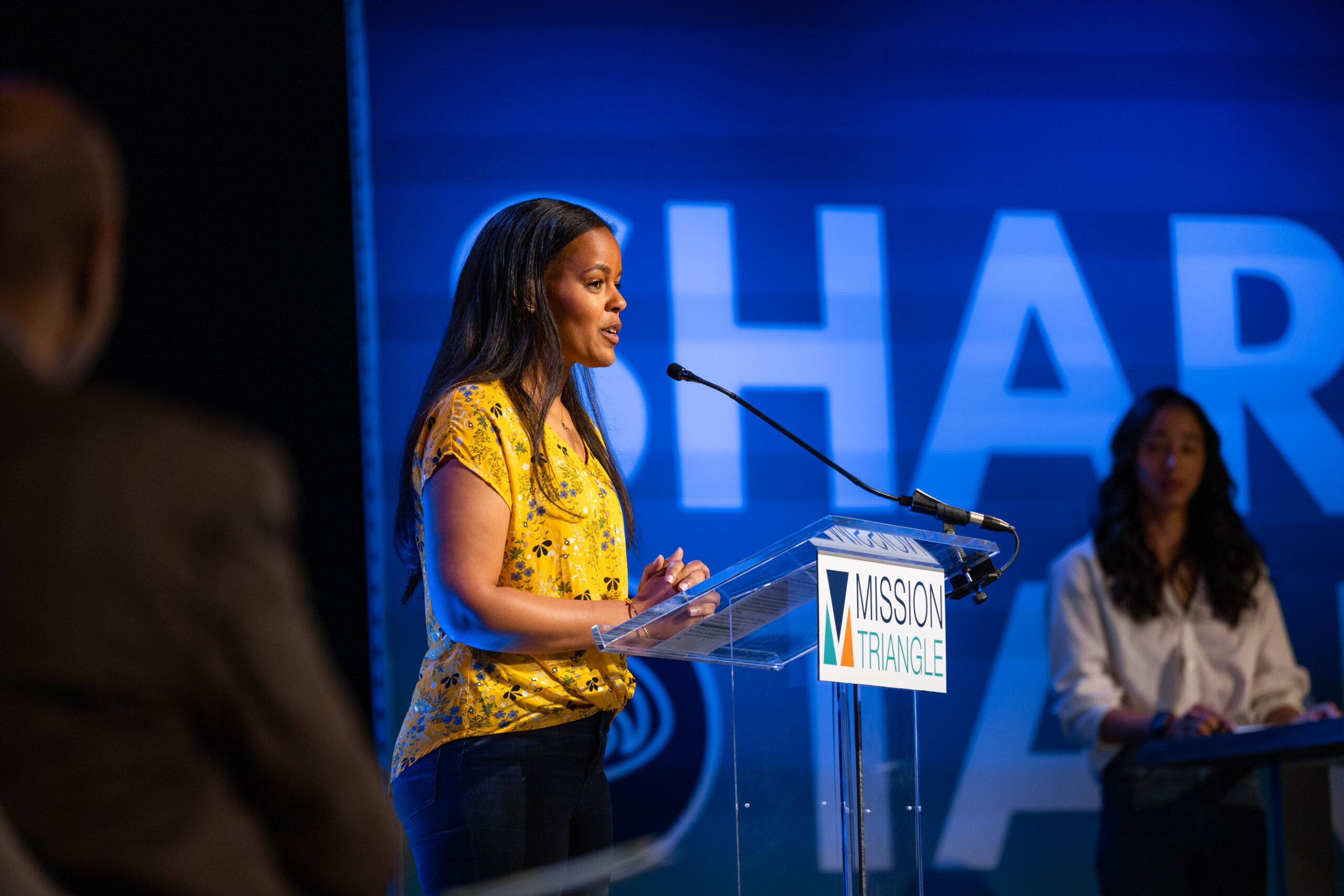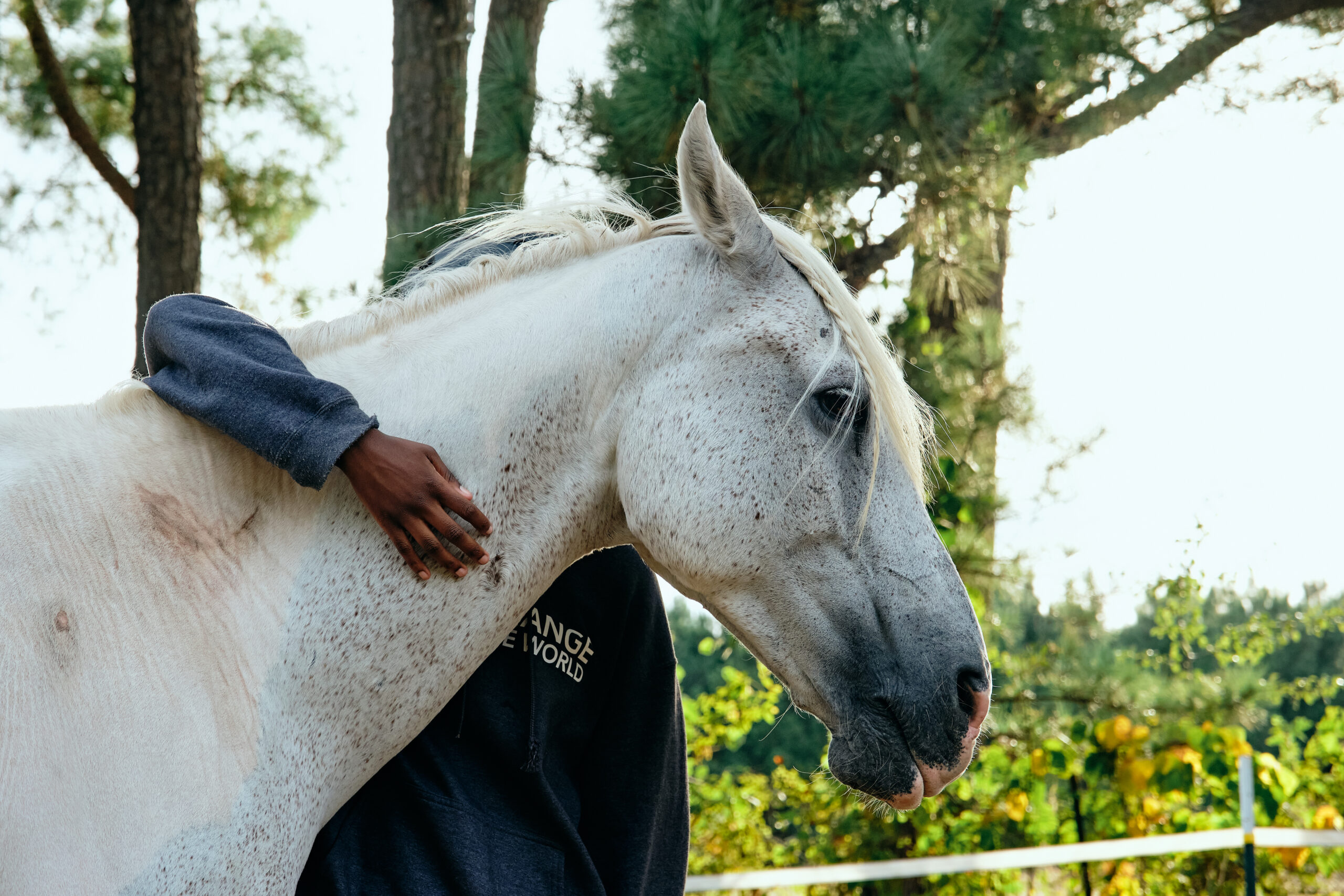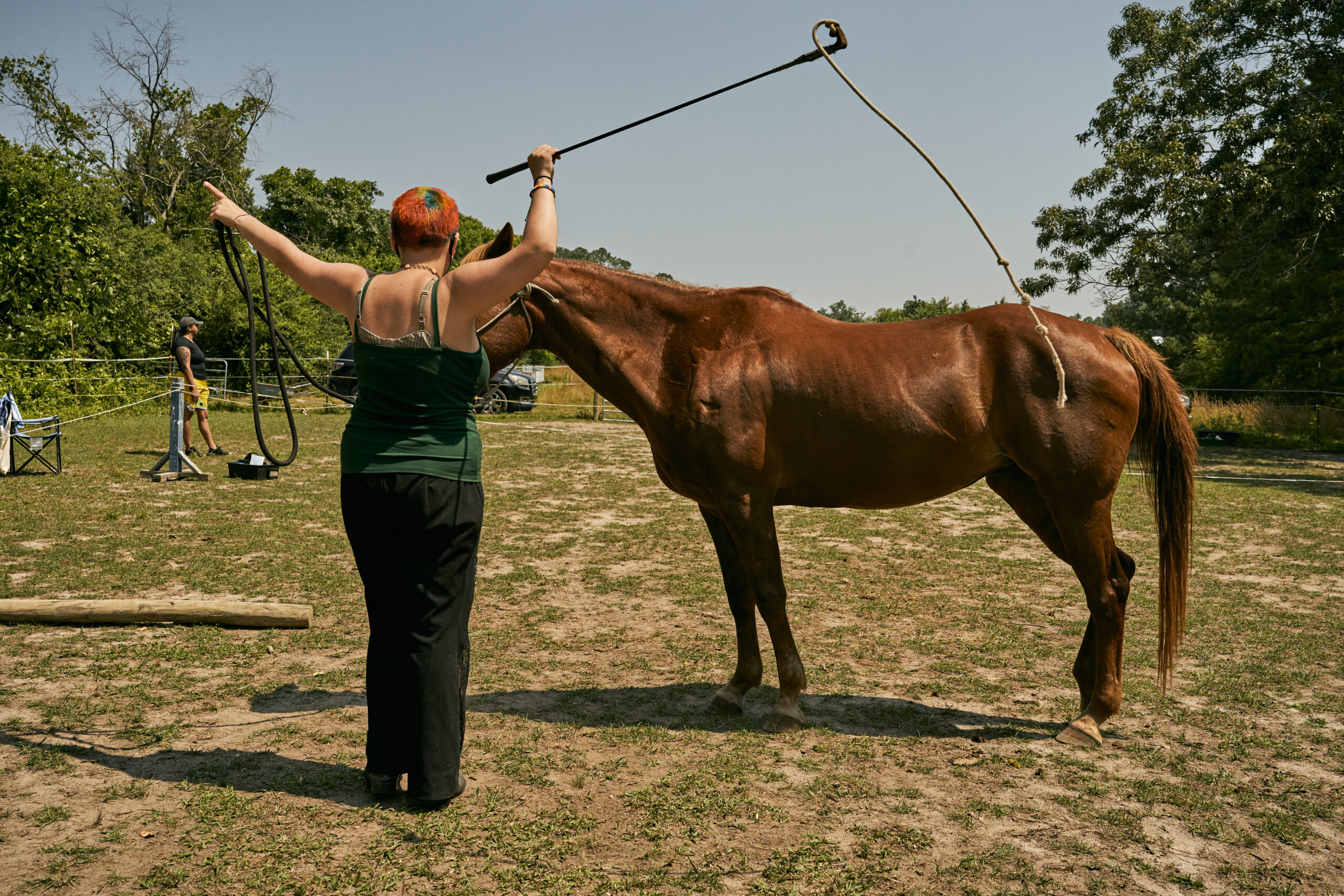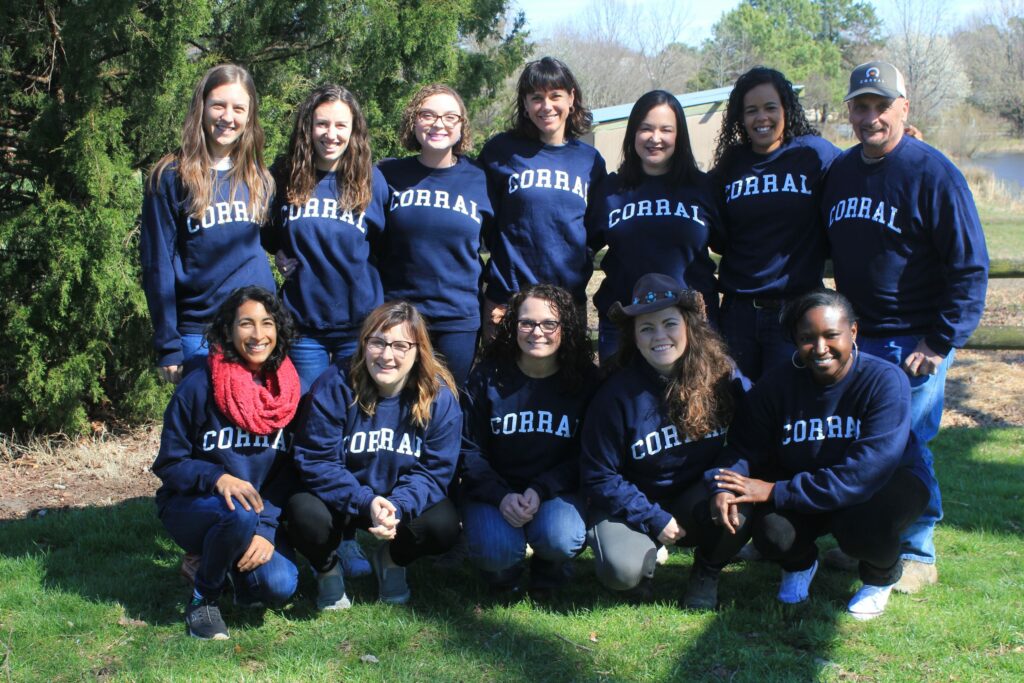Recently, one of our interns – a 20 year-old – planned and published a series of social media posts for Black History month. These posts celebrated the accomplishments of modern-day women of color. Ostensibly, this responsibility involved much more than simply choosing historical figures.
Martin Luther King and Rosa Parks – once hot-button figures – are now sanitized heroes of the past. It’s “safe” to post about these folks. But historical figures alone cannot inspire the generation of women CORRAL is raising to be our future leaders, mothers, sisters and wives who will end the cycle of trauma in our communities; they must also see modern day teachers, mothers, politicians, movie stars, pastors and public-transportation-goers.
One post our unassuming intern wrote stirred an incredible response; it was a post about gubernatorial candidate Stacey Abrams, the first African American woman to run for governor in our country. Several members of our community responded angrily because we were “posting about politics.” I was dumbfounded. How is posting about a political figure – one who lost – political?
It took me several days to understand. Finally I derived that Stacey Abrams was suspected to be running for president during the 2020 election against the Republican incumbent. That suspicion caused the post to appear to be a political endorsement. Through that lense, I understood.
But here’s the thing. Once I saw our readers’ responses, I researched a “first African-American-woman accomplishment” from the other side of the political aisle to provide a more balanced approach. I found no examples at the federal level or the executive state-level. So, there was no way to talk about the “first African-American woman” to win these leadership roles without identifying with a political party.
And that’s when it hit me. Every “issue” we have before us has been politicized. We are taking the conversation out of public circulation. By doing so, we have been silenced.
At CORRAL, we follow the EOS as the standard for how we run our business operations. Part of the EOS is an ongoing organizational “issues list”. An issue isn’t necessarily a bad thing. Rather, it’s something that just needs to be discussed out in the open and solved. It could be an opportunity or threat, a concern or simple confusion. Regardless, at organizational meetings weekly, these issue are DISCUSSED, openly, with conflict and a shared desire to come to a solution.
What I realized through our intern’s earlier post is that we are unable – or unwilling – to discuss our country’s issues. We cannot place our issues out in the open and as a result we cannot solve them. Every “issue” has been claimed by one political party or the other: climate change, immigration, taxes, social welfare, equity, individual rights, state’s rights, racism… You name it – the issue has been claimed as either Republican or Democrat. Therefore when speaking about any issue in the public forum it is assumed you are siding with one group or another. As a result speaking out also means accepting some overarching label. For example if I choose to advocate for tight fiscal policy, I am placed in a category of a ‘heartless, white, racist, bigot’. Or if I advocate for equity, I am a ‘bleeding-heart, liberal with no moral compass”. And, therefore, I say nothing about any issue that is important to me.
As for me and those with whom I work, the choice to remain silent on important issues is a HUGE problem because advocating in any way shape or form for the young women we serve is part of our job. If running through a brick wall would mean providing them the opportunity to thrive and blossom into the young women God designed them to be–we would do it. But… when we speak… it could be interpreted as ‘political’.
I don’t blame the stalwart champions who called us out on what they interpreted as a political post. It may be easier to blame our politicians, but that reduces it to figure pointing. Instead it seems to be our political system. Political parties have claimed each relevant issue on our country’s “issues-list” and taken the issue out of our mouths and removed it from the public forum. For anyone who wants to maintain their credibility or protect their company’s brand or keep their jobs, we must remain silent. For most of us this allows us to “keep doing good” behind the scenes. To enter the forum, means to be SILENCED. There is no discussion and therefore no solution. And as the electorate, we are left powerless over our own democracy.
How can we re-enter the democratic forum with an aim towards discussing solutions? Or to even ask questions? And more importantly, for me and my team, how can we advocate for the young women whom we have been charged to serve without offending our dear champions who come from all walks of life and who all care deeply about the young women we serve?
To stay quiet and silently accept donations means CORRAL is silenced from “one-child-at-a-time, making systemic change in our community”– a charge we are all committed to uphold.

